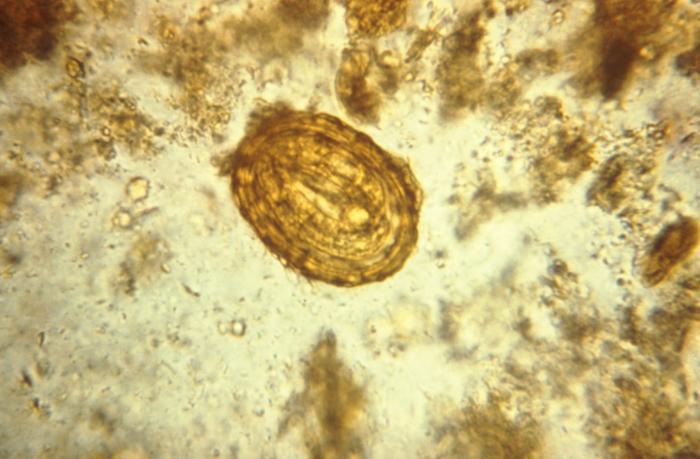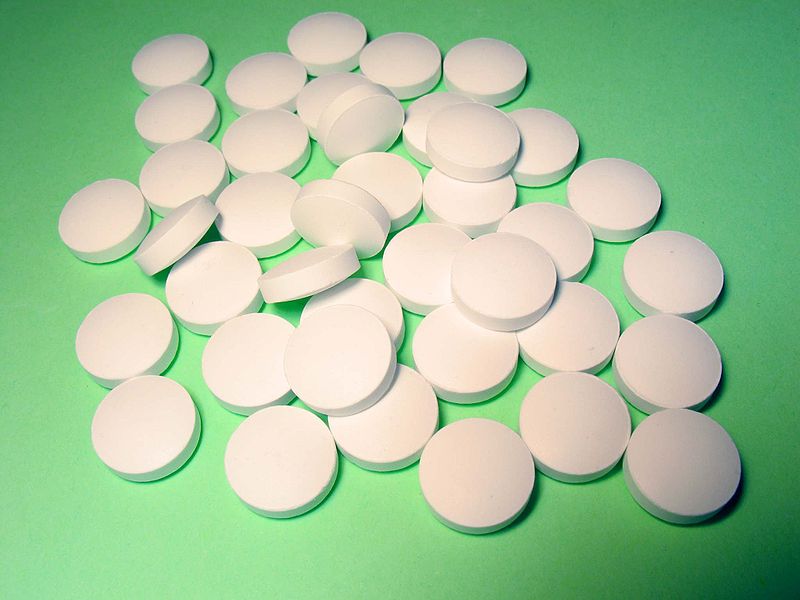Chemistry
Chemically dantrolene is hydantoin derivative.
Mechanism of Action
It decreases the release of calcium from sarcoplasmic reticulum by binding to special type of calcium receptors, known as Ryanidine receptors. Because of blockage, there is decrease in release of calcium and decrease in spasm.
It has no effects on smooth muscles and cardiac muscles.
Pharmacokinetics
It is given orally and has delayed onset of action. Half life is 8-15 hours. It is metabolized in the liver and is eliminated in bile and urine.
Therapeutic uses
Main use is in malignant hyperthermia, an idiosyncratic response seen with general anesthetics.
Besides dantrolene, bromocriptine may be given along with sponging for decreasing temperature.
Adverse effects
- Hypotonia
- Muscle weakness
- Drowsiness
- Sedation
Dose
Given carefully in renal/hepatic diseases. Starting dose is 25 mg, which may be increased to 100 mg.
Continue Reading
Tubocurarine -Non-depolarizing Neuromuscular Blocker
Suxamethonium -Depolarizing Neuromuscular Blocker
Factors affecting actions of Neuromuscular blockers
Benzodiazepines as Centrally Acting Skeletal Muscle Relaxants
Baclofen and Progabide -GABA Analogues
Mephenesin and Meprobamate -Propandiol Derivatives
Cyclobenzaprine, Orphenadrine and Tizanidine
 howMed Know Yourself
howMed Know Yourself




